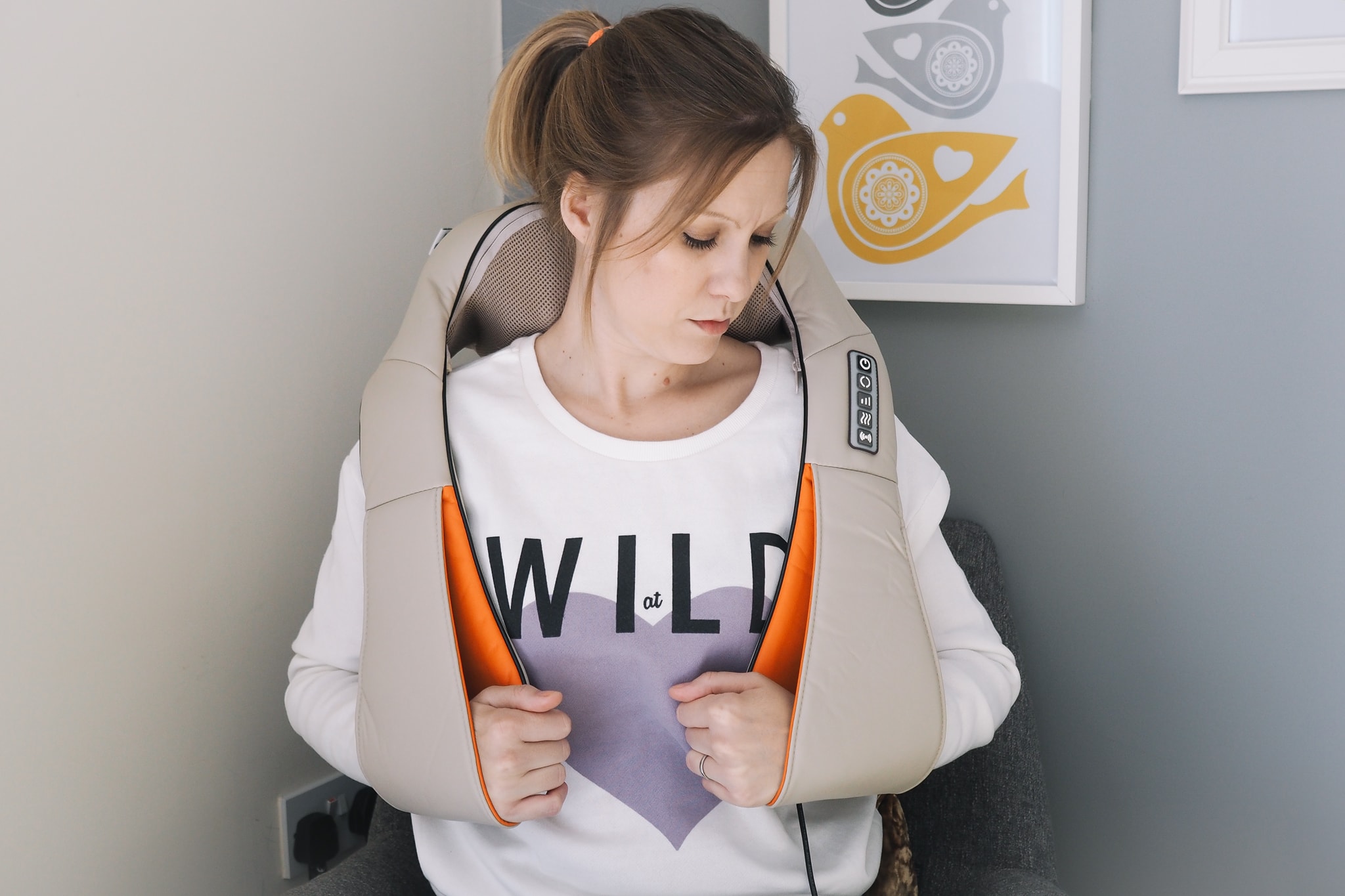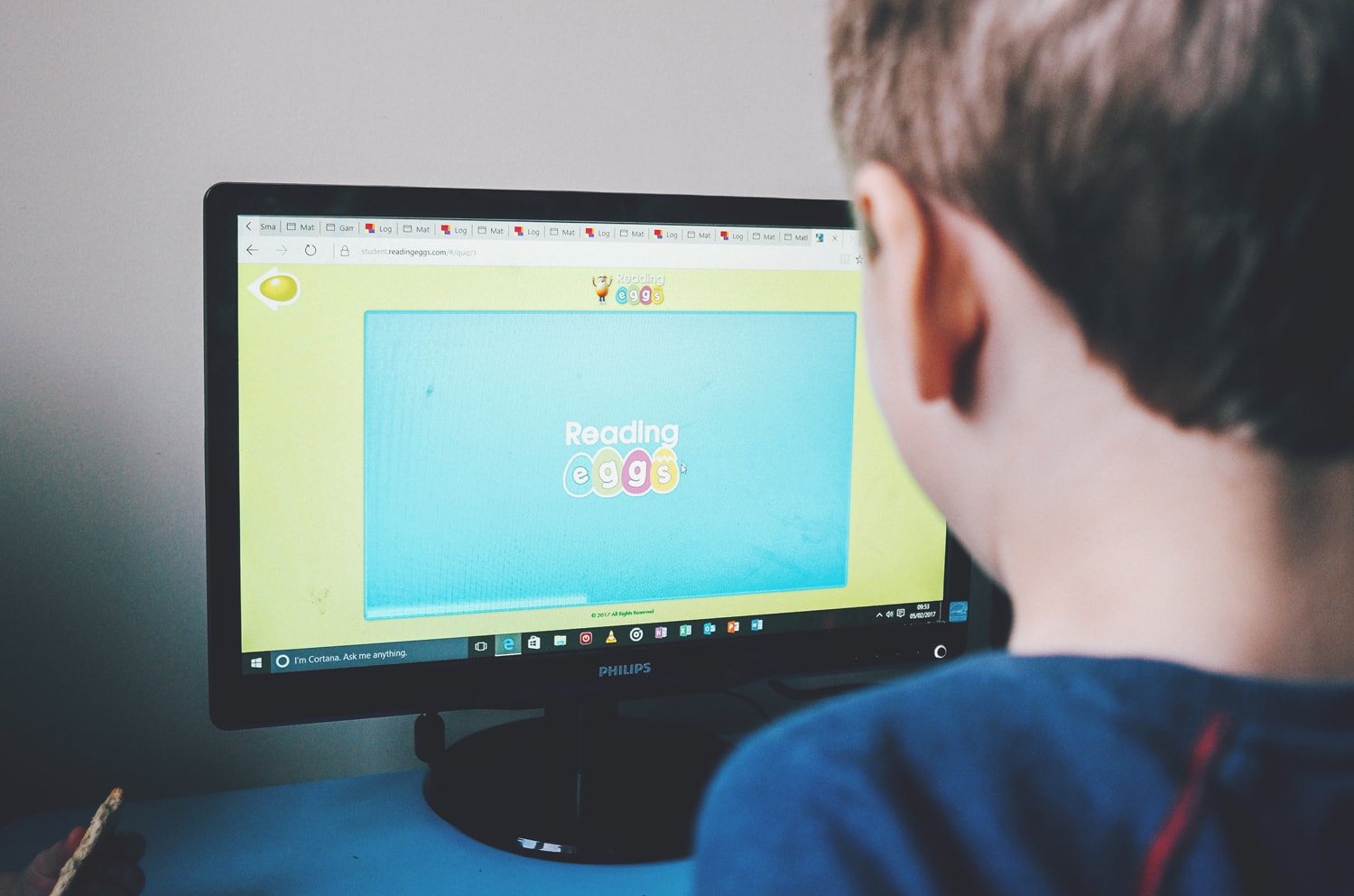I’ve always been a big supporter of Pampers and especially all of their work that they do in collaboration with UNICEF with their continued efforts to help stop newborn and maternal deaths from tetanus. Tetanus is caused by bacteria that live in soil. Newborns are often infected as a result of unhygienic birth practices, such as cutting the umbilical cord with un-sterile instruments or handling it with dirty hands. Once contracted, there is no real cure with up to 70%*** of babies who receive no treatment dying in the first month.
Their latest campaign is all about babies ‘first moments’ and how precious these are. Take a look at this video highlighting how amazing those first moments are for babies and their parents and how sadly so many children don’t get to experience in third world countries.
Maternal and newborn tetanus can be prevented through simple injections given to pregnant women and women of a child-bearing age, to protect both a women and her unborn child during this vulnerable period. Following administration of the tetanus vaccine to a pregnant mother, the antibodies pass across the placenta to her foetus. It is recommended that a woman needs three doses of the tetanus vaccine in order to ensure long-lasting immunity. After two doses, a woman who is vaccinated before she gives birth will be protected against the disease for three years. After three doses she will be protected for five years, and in both cases, will share her protection with her baby for the first two months of life.
For every pack of Pampers bought or a like, share or view of this particular video then a vaccine is donated 🙂
1 Pack = 1 Life-Saving Vaccine
1 View = 1 Life-Saving Vaccine
1 Share = 1 Life-Saving Vaccine
Celebrity mum, Emma Bunton is inviting parents across the UK and Ireland to join together and support the launch of the 9th Pampers and UNICEF “1 pack = 1 vaccine” campaign to help parents all around the world celebrate their babies’ first time moments. For every specially marked pack of Pampers you buy, Pampers will donate the cost of one vaccine to help UNICEF in the fight against maternal and newborn tetanus.
A healthy start in life opens the door to a world of special first-time experiences for you and your baby. But there are still millions of babies in the world at risk of never experiencing theirs, because of the continued danger posed by maternal and newborn tetanus.
With Pampers’ support, great progress has been made by UNICEF, the world’s leading children’s organisation, in the fight against maternal and newborn tetanus. Since the Pampers UNICEF “1 pack = 1 vaccine” campaign started in 2006, Pampers has donated funds for 300 million.
Emma Bunton, Pampers UNICEF ambassador said: “I recently visited Madagascar – where the elimination of maternal and newborn tetanus was announced in June this year – to see the direct impact Pampers’ funding has had on the lives of people in the community that benefitted from the vaccination programme. As a mum of two myself, I have been lucky enough to enjoy lots of special moments with my little ones and my experience in Madagascar reminded me that there are still plenty of mums and dads that need our help to give their little ones a healthy start in life.
Something as simple as parents buying Pampers nappies or wipes or watching our campaign video online can really make a difference and lead to the elimination of a deadly but preventable disease. From October to December, for every pack of Pampers purchased or ‘First Times’ video viewed, Pampers will donate the cost of one tetanus vaccine to UNICEF. Together, we can help ensure parents can celebrate their babies first time moments, no matter where in the world they are.”
Since 2006, Pampers’ support has enabled UNICEF to help eliminate maternal and newborn tetanus in 15 developing countries: Burkina Faso, Cameroon, Cote d’Ivoire, Gabon, Ghana, Guinea Bissau, Lao PDR, Liberia, Myanmar, Senegal, Sierra Leone, Tanzania, Timor Leste, Madagascar and Uganda. But there are still babies in 24* of the world’s poorest countries at risk from this fatal but preventable disease.






Leave a Comment